Intersection of Machine Learning and Health Economics

- commonly used methods for machine learning, including support vector machines and random forests,
- how machine learning differs from artificial intelligence,
- current application of machine learning in HEOR, including identification of risk factors, precision medicine, and machine-learning based cost-effectiveness analysis, and
- future trends in the field such as inclusion of large mobility data and social networks data into HEOR and modeling, and use of data from wearable devices in HEOR.
They also discussed challenges in field of machine learning and HEOR. These include lack of comprehensive datasets and infrastructure to access those datasets, lack of familiarity with machine learning methods, lack of transparency and reproducibility. They emphasized that we should keep our expectations from machine learning field realistic—these methods don’t necessarily generate new insights that otherwise are not known from traditional statistical methods.
Finally, Dr. Ayer added that computer-based technologies have disrupted several industries. Taking an example of disruption in retail industry, he mentioned healthcare industry follows retail industry with about a two-decade lag time, and we anticipate that computer-based technologies will have similar disruptive effects in HEOR space in the years to come.
If you have a large data challenge and would like to use machine learning, Value Analytics Labs would love to collaborate. Simply contact us through our online form or email info@valueanalyticslabs.com.
- Reinsel D, Gantz J, Rydning J. The Digitization of the World from Edge to Core. Published online 2018:28.
